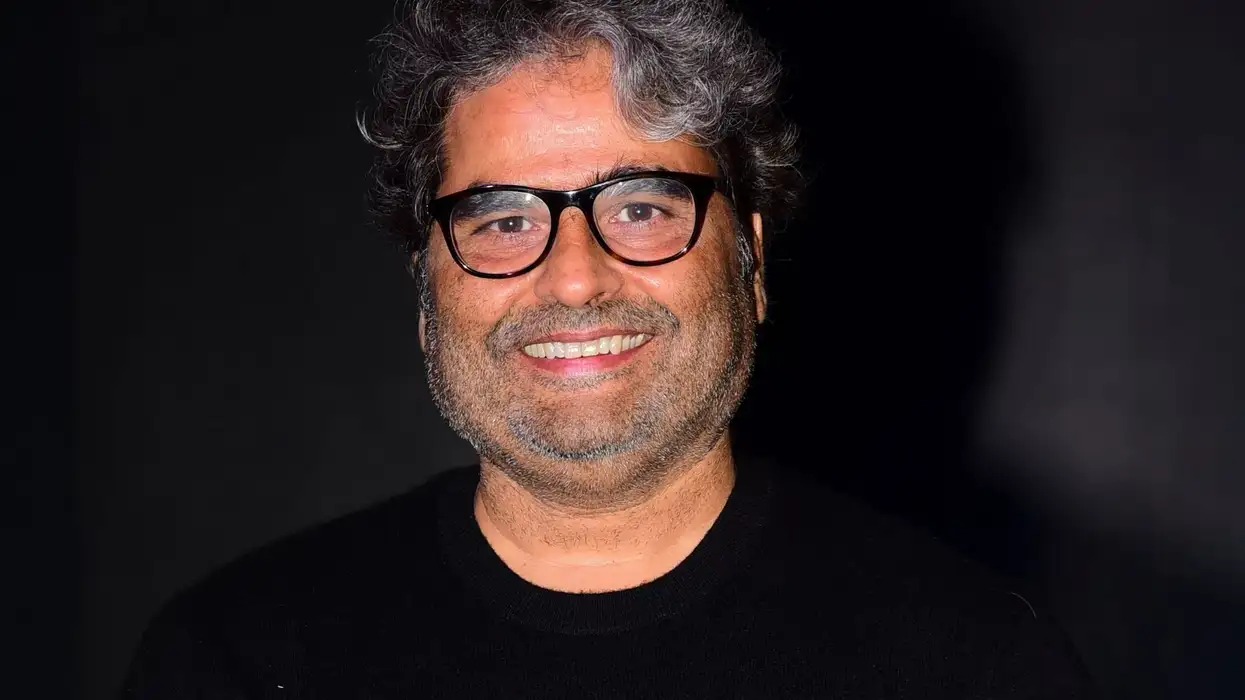Apple CEO Tim Cook, on Saturday, praised Indian filmmaker Vishal Bhardwaj and Ishan Khatter's recently released short film 'Fursat'.
Taking to Twitter, Tim wrote, "Check out this beautiful Bollywood film from director @VishalBhardwaj that explores what might happen if you could see into the future. Incredible cinematography and choreography, and all #ShotoniPhone."
Helmed by Vishal Bhardwaj 'Fursat' is a short film shot on an iPhone and stars Ishaan and Wamiqa Gabbi in the lead roles.
The 30-minute short film was released on Apple's official YouTube channel and received positive responses from the audience.
Apple described the film as a magical story about a man so obsessed with controlling the future that he risks losing what he holds most precious in the present.
During the lockdown, many directors across languages have experimented with shooting techniques using advanced technology. Some actor-directors shot themselves, being locked inside a room. Taking this opportunity further, the tech giants have been commissioning notable directors to shoot with smartphones. Vishal Bhardwaj is the latest to join the band.
Vishal, known for his aesthetic sensibility, has played with the theme of time travel in 'Fursat'.
Punjabi actor Wamiqa Gabbi shot to nationwide fame with the Disney Plus Hotstar series 'Grahan' and the Netflix series 'Mai: A Mother's Rage." Ishaan Khatter has proved his acting mettle in the debut film, 'Beyond the Clouds', by Majid Majidi.
He was last seen in 'Phone Bhoot' alongside Katrina Kaif and Siddhant Chaturvedi.
Helmed by Gurmmeet Singh and written by Ravi Shankaran and Jasvinder Singh Bath the film failed to impress the audience at the box office.
He will be next seen in a period war film, 'Pippa' alongside Mrunal Thakur.
(ANI)




